General Assistance-Transitional Assistance
What is General Assistance?
General Assistance-Transitional Assistance (also known as “GA-TA”) is a type of public assistance. It is often considered the public assistance of “last resort.” It is administered throughout Illinois by township supervisors (with the exception of Chicago, where the Family Resource Center – formerly called the Department of Human Services – is responsible for providing General Assistance). Although not all states require the provision of GA, it is an Illinois state law that townships must provide a form of General Assistance.
The purpose of GA-TA is to provide benefits to individuals facing barriers. Specifically, GA-TA is for low-income persons who do not qualify for either of the two well-known public assistance programs:
- TANF (formerly referred to as AFDC) administered by the Family Resource Center.
- Supplemental Security Income administered by the Social Security Administration.
TANF is for eligible families containing children 17 years or younger (although the child can be 18 under some circumstances). SSI serves persons who are “disabled” as defined by the Social Security Administration. An SSI or TANF recipient does NOT qualify for GA.
The eligibility rules for General Assistance may vary from township to township. In some townships, an individual may be eligible only if he or she is able-bodied and meets other financial requirements. In other townships, an individual may be eligible only if he or she is deemed unemployable due to a life threatening condition. Each township is required to have a written set of guidelines that comply with Illinois state law.
